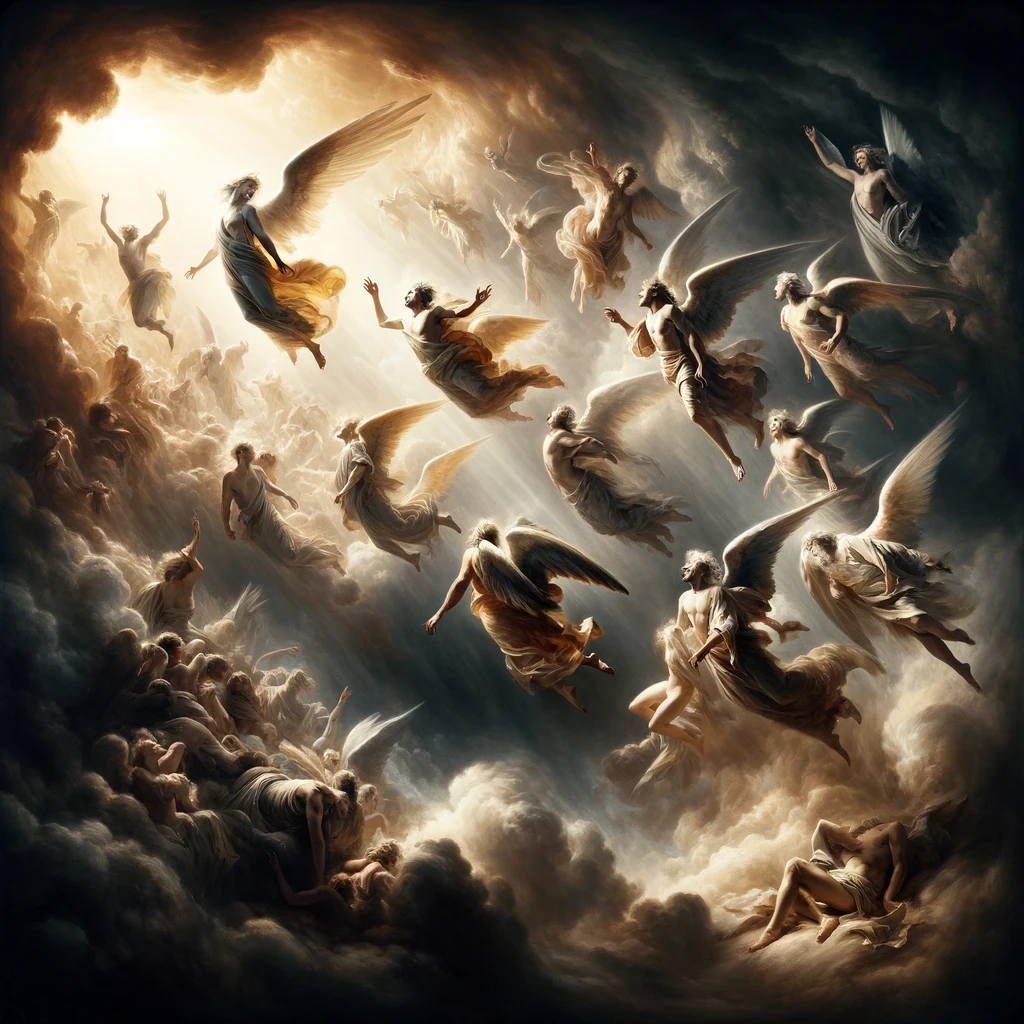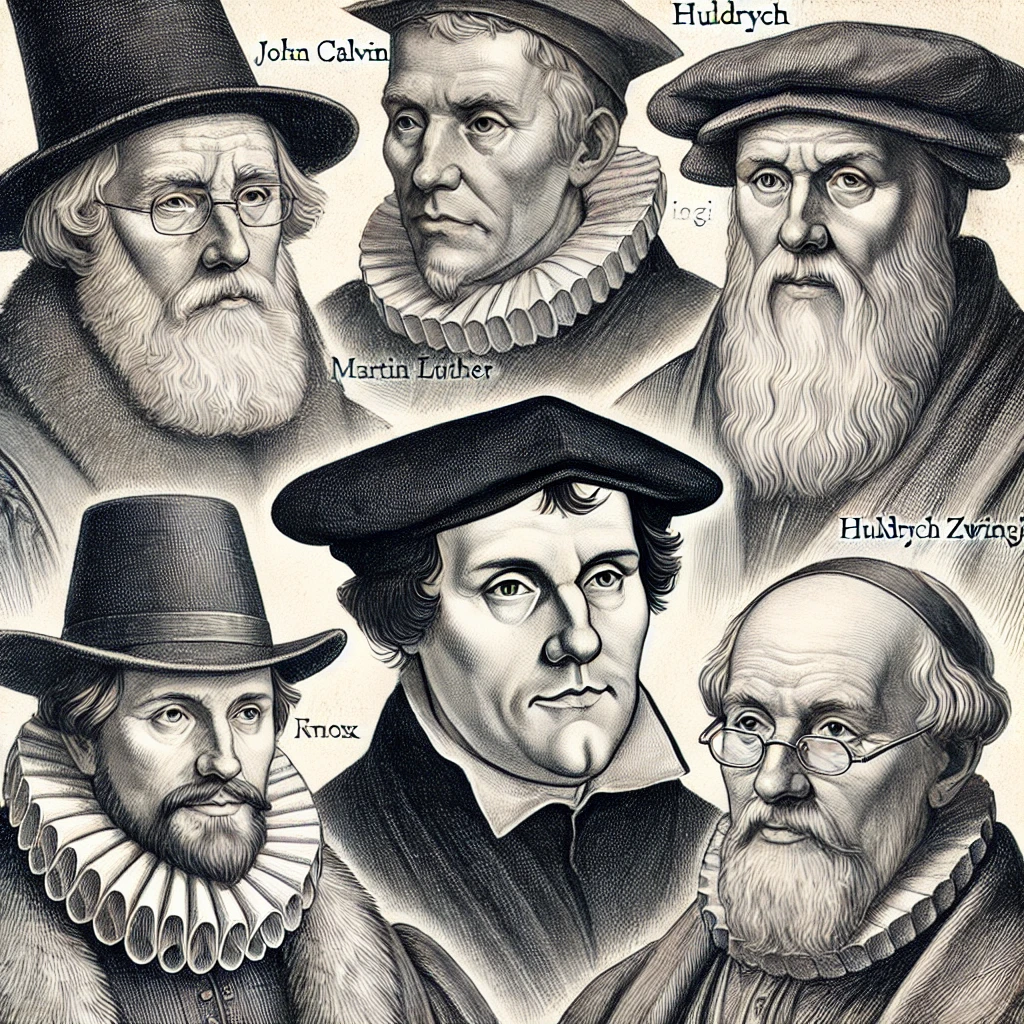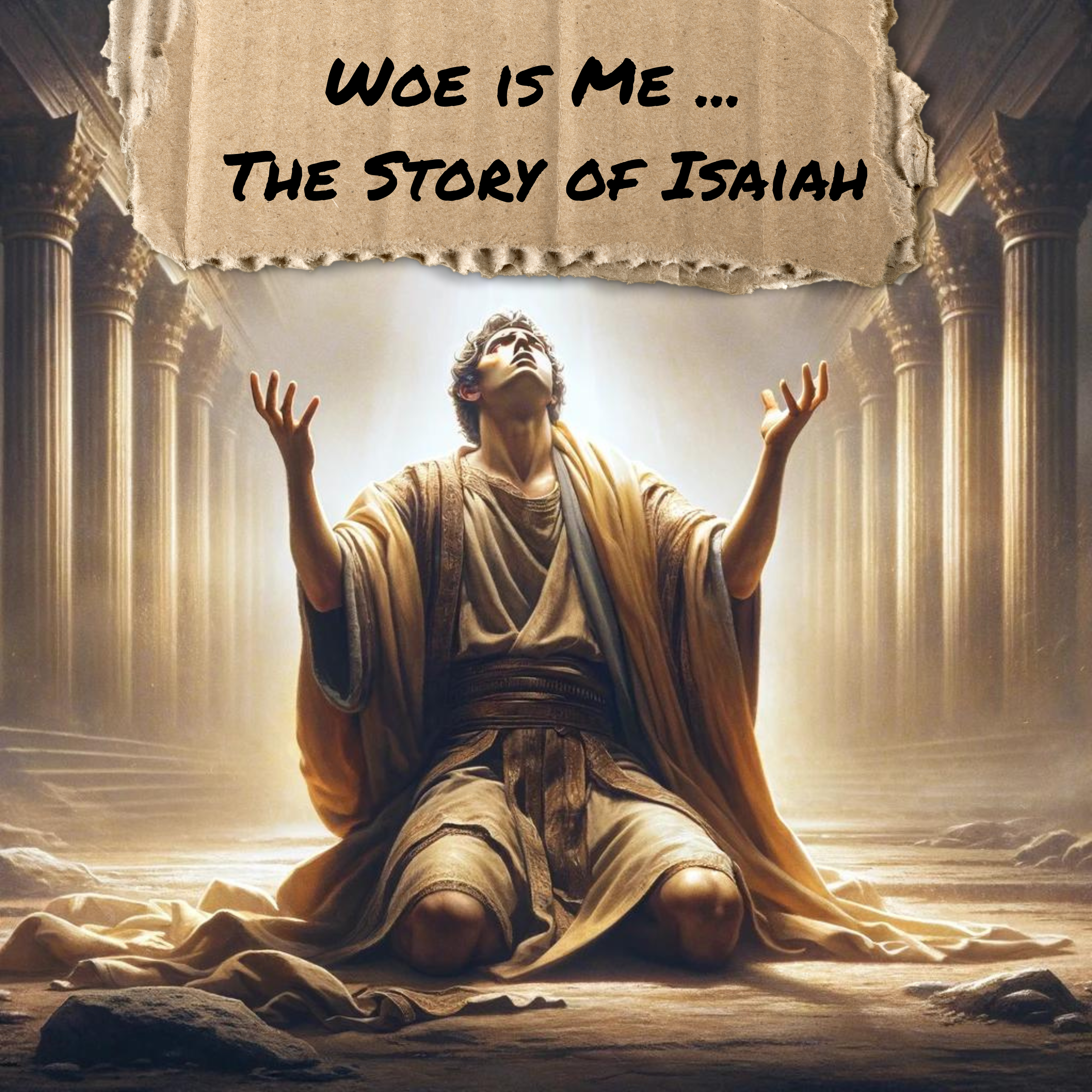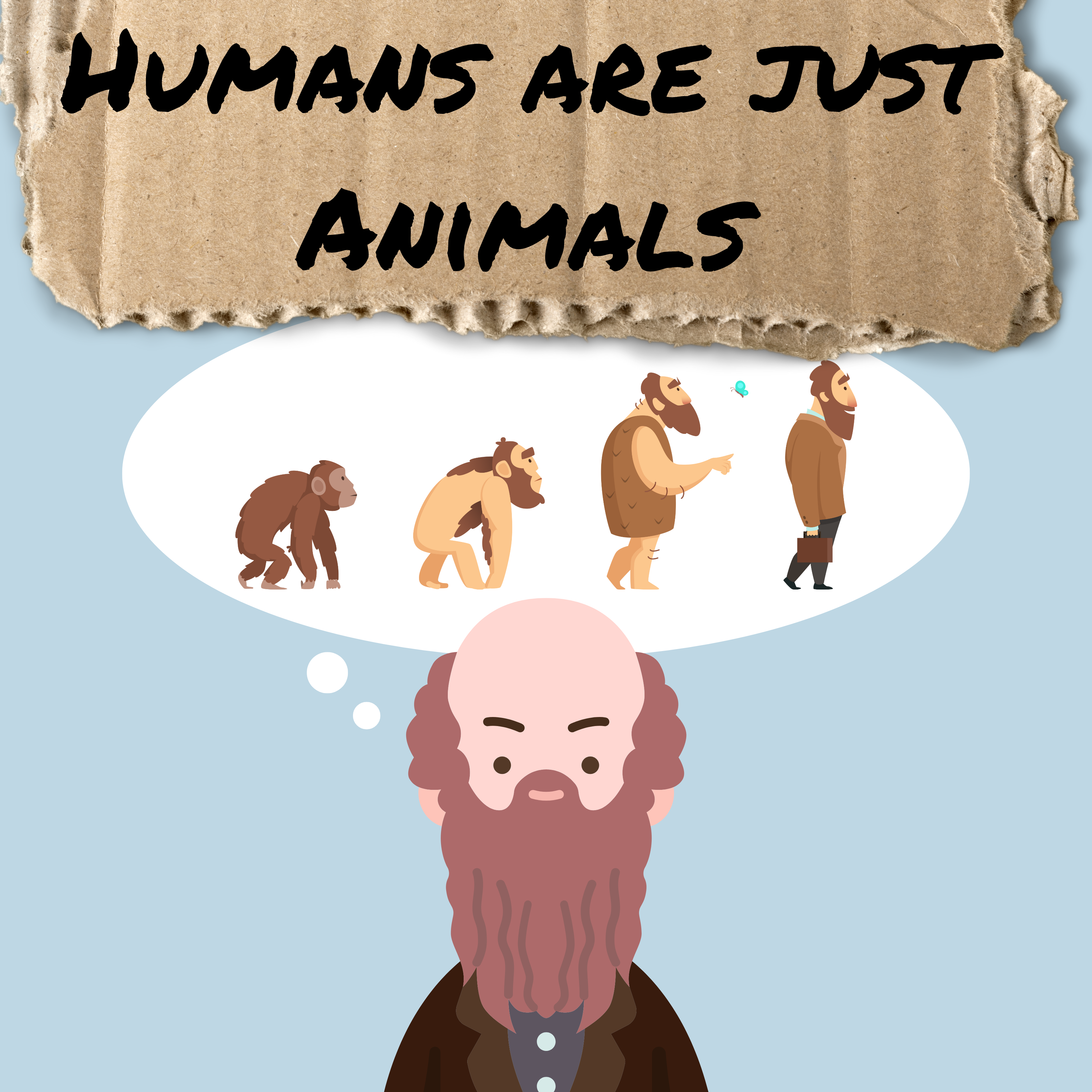
The Book of Genesis stands as a cornerstone of biblical literature, presenting the majestic tableau of creation. This narrative weaves the chronicle of the universe’s formation, the earthly realm, and the celestial order, including the angelic beings. It’s a story that transcends mere historical recounting, offering a profound insight into the nature of God, the universe, and the spiritual dimensions.
The Dawn of Existence: Creation of Heaven and Earth
Genesis opens with the definitive statement: “In the beginning, God created the heavens and the earth” (Genesis 1:1). The Hebrew term “בָּרָא” (bara) signifies the creation ex nihilo, highlighting God’s omnipotent power. The “heavens” (שָׁמַיִם shamayim) in this context are often understood as encompassing not only the sky and celestial bodies but potentially the realm of the angels as well.
The First Day: Light and Angelic Creation
The narrative continues with the creation of light, separating it from darkness, marking the first day. While the text does not explicitly mention angels, their creation is inferred by some traditions within this first act, viewing them as beings of light, crafted to serve and glorify God. This interpretation is supported by other scriptural references, such as in Job 38:7, which speaks of the “morning stars” and “sons of God” celebrating the creation.
The Jewish Understanding of Time
In the Hebrew tradition, a day begins with evening, followed by morning. This understanding is reflected in the recurring phrase, “And there was evening, and there was morning,” which concludes each day of creation. This concept emphasizes renewal and the cyclical nature of divine order.
Six Days of Creation
The Genesis account details the formation of the world over six days:
- Day 1 (Light and Darkness): Creation of light, separating it from darkness (Genesis 1:3-5).
- Day 2 (Sky and Waters): Formation of the sky and separation of the waters (Genesis 1:6-8).
- Day 3 (Land, Sea, and Vegetation): Emergence of dry land and vegetation (Genesis 1:9-13).
- Day 4 (Celestial Bodies): Creation of the sun, moon, and stars (Genesis 1:14-19).
- Day 5 (Sea Creatures and Birds): Filling of the waters and sky with life (Genesis 1:20-23).
- Day 6 (Land Animals and Humanity): Creation of land animals and humans, made in God’s image (Genesis 1:24-31).
The Sabbath: A Divine Rest
On the seventh day, God ceases His work of creation and rests (שָׁבַת shabat). This act of rest is not due to weariness but is a deliberate cessation, setting a sanctified pattern for humanity (Genesis 2:1-3). The Sabbath becomes a symbol of the completed creation, a time for reflection, renewal, and acknowledgment of God’s sovereignty over all that has been made. It’s a day set apart for holiness, a reminder of the Creator’s presence in the everyday.
The Role of Angels in the Divine Plan
Angelic beings, according to tradition, play a crucial role in the divine order. They are messengers and servants of God, involved in the execution of His will and the communication of His messages to humanity. Their presence throughout the Bible underscores their ongoing participation in the unfolding divine plan.
The Fall of Angels: Rebellion in the Celestial Realm
While the Genesis account focuses on the physical creation, other parts of the Bible, such as Isaiah 14:12-15 and Ezekiel 28:12-17, hint at a rebellion in the spiritual realm. Lucifer, a prominent angel, is often associated with this rebellion, leading to his fall and the expulsion of those who followed him. This event introduces the theme of spiritual conflict and disobedience, contrasting the harmony of creation.
Conclusion
The Genesis narrative of creation, culminating in the Sabbath and encompassing the realm of angels, presents a comprehensive view of the universe’s origins. It paints a picture of a world created with purpose and order, under the governance of a divine Creator. The inclusion of angelic beings adds depth to this account, reminding us of the unseen dimensions of God’s work. The Sabbath rest, then, is not only a pause in the act of creation but a celebration of its completion and an invitation for all creation to acknowledge and partake in the harmony and sanctity of the divine order.






